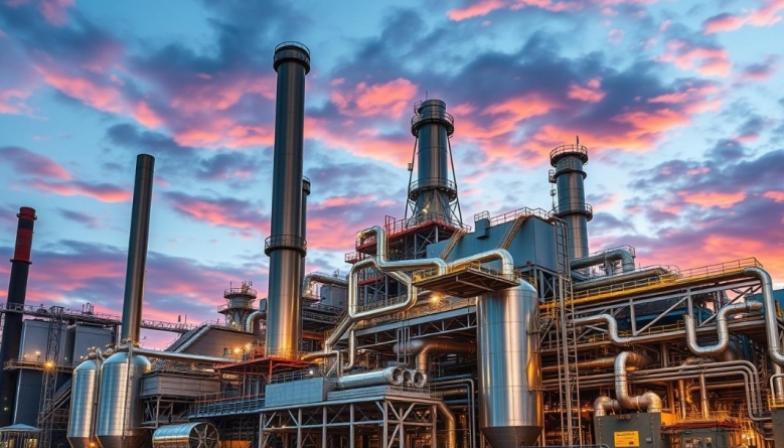Metallurgical complexes play a key role in industry, but their activity directly affects the environmental safety of the regions. A sanitary protection zone (SZZ) is a mandatory buffer between production and residential areas. However, its size often becomes a problem for expanding enterprises and infrastructure development.
Today Reducing SZZ is possible without prejudice to the ecology. Innovative systems for cleaning emissions allow neutralize harmful substances at different stages of production. For example, multi -stage filters capture dust, and catalytic converters reduce the concentration of toxic gases.
It is important to combine technological solutions with economic efficiency. The introduction of automated monitoring systems helps optimize resource consumption and control the quality of air in real time. This not only reduces the zone of exposure, but also increases trust from regulators and local residents.
Key conclusions
- Modern cleaning methods reduce the need for large sanitary zones
- multi -stage filters and catalytic systems - the basis of environmental modernization
- Automation of emissions control increases transparency of processes
- Reducing SZZ requires an integrated approach to technology and management
- Balance between ecology and production is the key to sustainable development of enterprises
The role of SZZ in the environmental safety of industry
The creation of sanitary protection zones is not a formality, but a strategic balance tool between industrial development and environmental well-being. These territories perform a triple function: reduce the concentration of harmful substances, minimize risks for the population and create a buffer for modernization of production.
regulatory requirements for sanitary zones
Regulation SZZ in Russia is built on the system of interconnected documents. Rospotrebnadzor strictly monitors compliance with the established boundaries, conducting planned and sudden checks.
SanPiN 2.2.1/2.1.1.1200-03: The main provisionsThe current standard sets 5 classes of the danger of enterprises with the corresponding dimensions of protective zones. For metallurgical complexes, II class is usually used - from 500 to 1000 meters. Exceptions are possible only when using modern gas cleaning systems.
Last changes in the legislation of the Russian FederationSince 2024, new rules for calculating SZZ have been introduced



